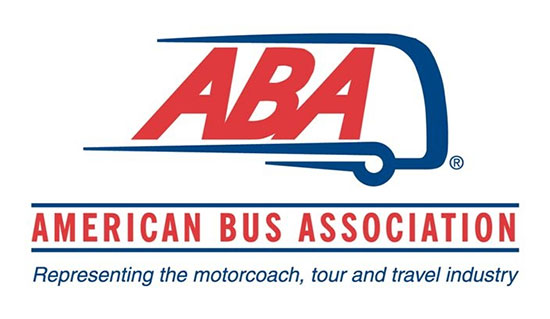Last Friday, April 22, marked the 52nd observation of Earth Day, which represents the birth of the modern environmental movement. The American Bus Association used the occasion to call attention to the critical role that the motorcoach industry plays in helping the environment.
Calling them the “unsung heroes of transportation,” ABA noted that buses are among the greenest forms of transportation by taking up to 50 individual vehicles off the road. Buses shuttle millions across the country to work and school, the airport, running errands, for vacation, senior and low-income transportation, military movement, and in times of crisis like natural disasters. Buses are even being used by major airlines to help transport passengers between airports amid a pilot shortage. And the slow recovery of the industry has had a noticeable impact across the nation as state and local agencies struggle to find bus companies to manage fixed routes and other large group moves.

Bus and motorcoach manufacturers have greatly improved the gas-guzzling and exhaust-choking image of buses from yesteryear with lighter, more fuel-efficient offerings (even some electric!) that are also stylish and, dare we say, luxurious. Now it’s time to banish that outdated “public city bus” image from the minds of your traveling passengers who might be surprised to learn how economical and comfortable bus travel can be for their next trip.
According to a 2019 report produced by the American Bus Association Foundation, “motorcoaches use the least amount of energy and produce the lowest carbon dioxide emissions per passenger mile compared with cars, van pools, heavy rail, intercity rail, commuter rail, domestic air travel, trolley bus, light rail, ferry boat, and demand service vehicles. In the pre-pandemic era, the private motorcoach industry moved nearly 600 million passengers annually utilizing 36,000 motorcoaches.”
With gas prices hovering over $4 per gallon on average in most parts of the country, finding alternatives to cars has become a necessity for many. The release cited a study by Longwoods International that cited rising gas prices and inflation as the barrier to travel for many Americans over COVID, with two-thirds indicating that fuel prices will impact their travel decisions in the next six month (and beyond).
As chauffeured transportation continues to get back on its feet, the importance of buses cannot be overstated in the recovery and overall economy. With fewer buses, drivers, and companies to go around, the demand has never been greater and more important.
To read the rest of the press release, click here.
[04.26.22]

